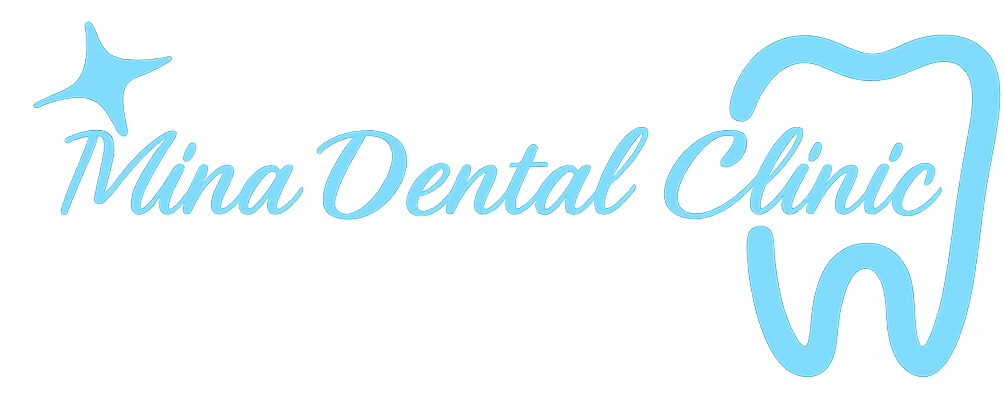Dental Hygiene Tips
Simple habits for a strong, fresh, and confident smile.
Healthy Smile, Healthy Life
Essential Dental Hygiene Tips for a Lifetime of Healthy Smiles
At Mina Dent Dental Clinic in Addis Ababa, we believe that the best dental treatment is prevention. A healthy mouth is a crucial part of your overall wellness. By following a good oral hygiene routine at home, you can prevent cavities, gum disease, and other problems, ensuring your smile stays bright and healthy for years to come.
Here are our top professional tips for maintaining excellent oral health between your visits to our clinic.

Brush Twice Daily – Morning and night, every day.
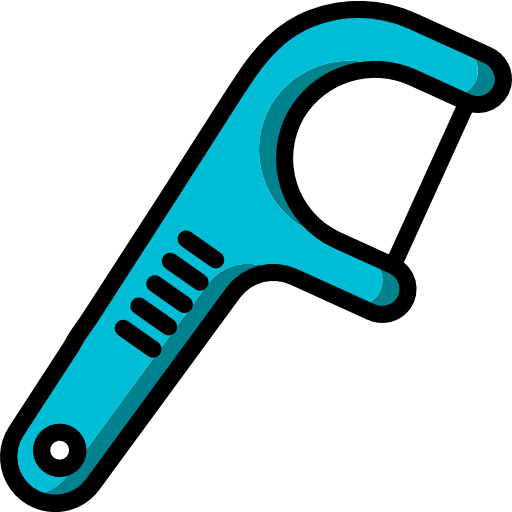
Floss Once a Day – Clean the spaces your brush can’t reach.

Skip Tobacco – Protect your teeth, gums, and overall health.

Eat More Fruits & Veggies – Nature’s toothbrush for your teeth.
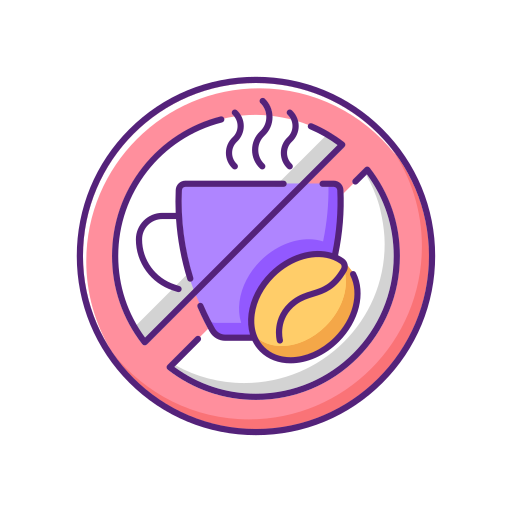
Limit Sodas, Coffee & Alcohol – Prevent stains and enamel damage.

Boost Calcium & Vitamins – Strengthen teeth and bones from the inside.

See Your Dentist Every 6 Months – Keep small problems from becoming big ones.

Keep a Routine – Consistency is key to lasting oral health.g
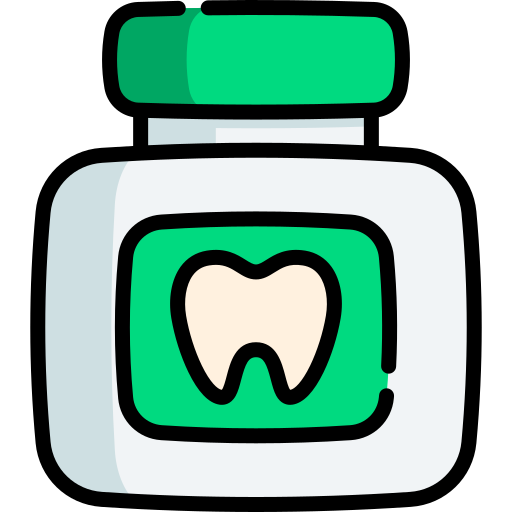
Rinse Regularly – Use water or mouthwash for freshness.
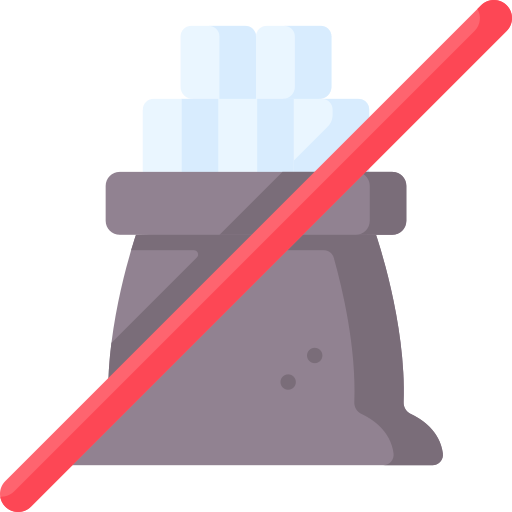
Cut Down on Sweets – Less sugar means fewer cavities.

